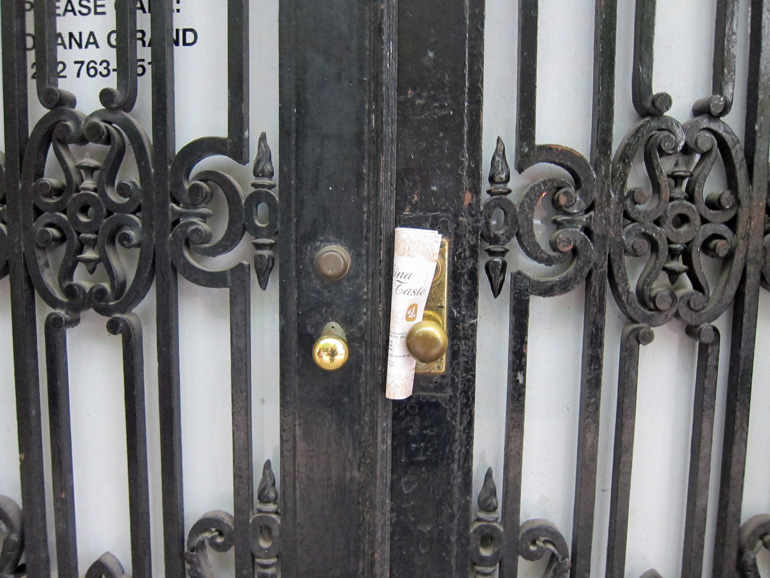Gotham Diary:
Ruralia
7 October 2013
In this morning’s Times, there’s a front-page story about a secessionist movement in the plains counties of eastern Colorado. This utterly rural region — without the artifice of state lines, it would include the locus of In Cold Blood — shares ever fewer values with the metropolitan corridor that runs along the foothills of the Rockies. It is unlikely that anything will come of the drive for 51st-Statehood, but it’s possible, and it is inevitable that state lines will have to be redrawn at some point — not at gunpoint, one hopes — so long as the Napoleonic State continues to be the model of sovereign governance.
The key characteristic of the Napoleonic State is the universal application of one code of law throughout the territory. The Napoleonic State is a modern invention, as its title indicates; the stepchild of Enlightenment philosophes who deplored the patchwork of customs barriers that made doing business with France unnecessarily difficult, it was enacted by the revolutionaries of 1789, but it was Napoleon’s prestige as an effective ruler that made it the model of modern government. We take it entirely for granted today. In the United States, of course, there are two codes of law, but they are applied universally, either throughout the Union (via federal law) or within each state. Localities are allowed to enact rules and regulations that are not in conflict with the two superior codes, but only rarely is a code law modified to suit local peculiarities. An example that illustrates the triviality of such exceptions obtains in New York County (Manhattan), where it is not permissible to make a right turn on a red traffic signal.
The Colorado secession movement, and others like it that are also mentioned in Jack Healy’s story, have one thing in common, and it is the root grievance that drove the American Revolution: unrepresentative government. The people of eastern Colorado feel that their representatives in the state legislature have no voice. Interestingly, this is not a problem at the federal level — not at the moment. The Fourth Congressional District of Colorado, which comprises the secessionist counties, is represented by conservative Cory Gardiner. State assemblies have been exploited to gerrymander homogenous congressional districts throughout the country, and, as the government shutdown demonstrates, it is possible for like-minded regions, despite their geographical dispersal, to wield enormous collective clout in Washington. But within the states, ironically, it is much harder for such insurgencies to gain traction.
Whether we’re looking at gerrymandered congressional districts or quirky secessionist movements, the underlying logic is the same: the thinly-populated parts of the country are no longer the American heartland. Metropolitan values no longer honor agrarian pieties. People who live in cities no longer blush to think how wicked their lives are, in contrast to those of the folks back home. There are, increasingly, no folks back home. Most Americans today were born in shapeless suburban sprawl, and they have had to cobble together their own ethics, without much input from preachers.
Fewer and fewer people live in towns like Cheyenne Wells, Colorado. But there are still lots of small, shrinking towns, and, in an ideal world, they would constitute their own state, Ruralia. In one sense, they already do. Ruralia might sound fanciful, but — in case of fire — a disproportionate number of servicemen and -women call it home, or did until they joined the Army to get a job.
I don’t think I’m the only one who’s bothered by that.

